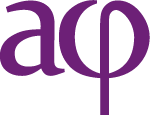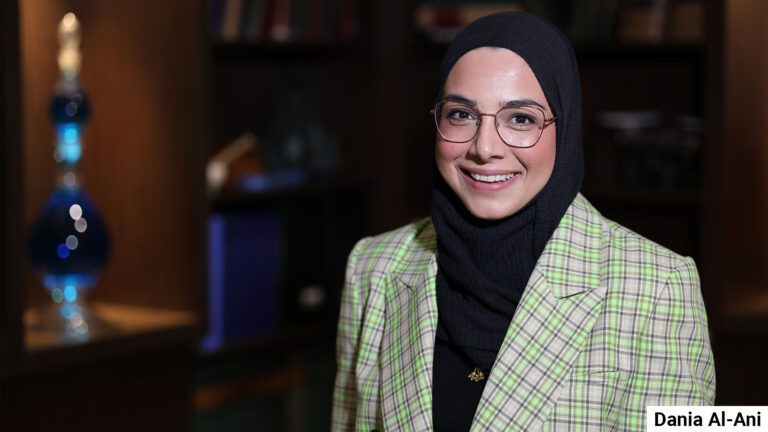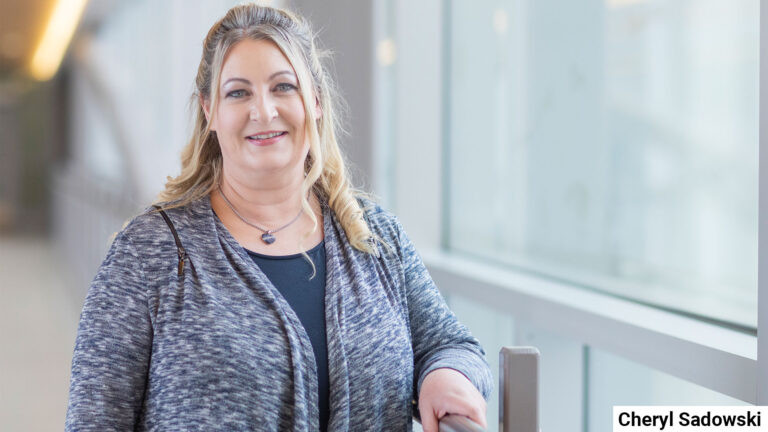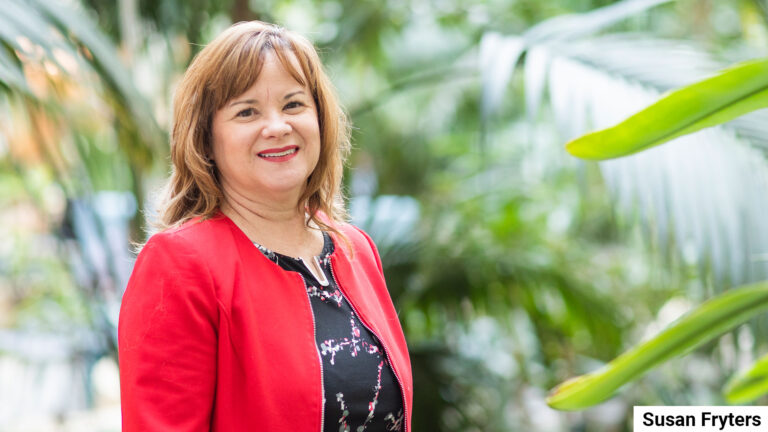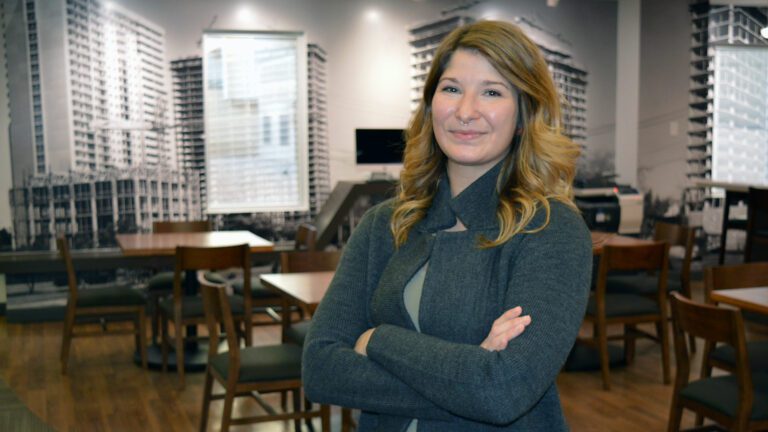
Brittany Larmand was always destined to work in pharmacy.
“I love helping people, I enjoy healthcare, and I love the collaborative environment,” said Brittany.
She got a job in her local pharmacy in Petawawa, Ontario, at age 15 and continued working there during college. After completing a journalism program and realizing that it just wasn’t quite right for her, Brittany moved across the country to pursue a career as a pharmacy technician. Starting her technician program in Regina, she eventually found a better fit through the Red Deer College distance learning program.
Pharmacy became her home.
“I grew a passion for pharmacy,” she said. “I always wanted to do more, and I wanted to advance my career.”
While still in Regina, she was approached by the owner of a local community pharmacy who was interested in developing a compounding lab. He was looking for someone who could pursue dedicated compounding training and take their expertise to the next level.
Brittany had found her true calling.
She took additional training from the Professional Compounding Centers of America (PCCA) and was a key contributor in the opening of a sterile compounding lab.
“That was a huge experience and it was great. It just got me more into it,” said Brittany. “I absolutely love creating, problem solving, and helping people. Compounding allows me to do all three.”
Compounding is also about processes, workflow, and time management. In Regina, Brittany and her team studied how to improve these factors. Sometimes that meant technology, which led them to adopt a unique piece of software that allowed them to streamline their entire strategy. All formulas, ingredients, and inventory were stored electronically and bar coded. When compounding, the system verified every component as it was scanned, and tracked progression through the formula. If an incorrect ingredient was scanned, or if an incorrect amount was weighed, the system flagged the error and paused progress until it was corrected.
“I encourage everyone to use some sort of compounding software like this, because it increases patient safety,” said Brittany. “You’re not calling for second verifications, you’re not interrupting workflow, it’s just fantastic.”
Now a compounding supervisor at SRx Pharmacy in Calgary, Brittany is still working to stay on the cutting edge. As a pharmacy technician, she believes her scope of practice positions her perfectly to be an expert in her field.
“I am the compounding supervisor of both the non-sterile and sterile labs, I supervise all aspects of technical compounding, I deal with all the environmental testing, I organize all the training, and I ensure proper procedures and protocols are being followed. Having technicians in the lab allows the pharmacists to focus on the clinical aspects of patient care.”
Brittany is also a contracted sterile compounding assessor working with the Alberta College of Pharmacy. In July, she and her fellow assessors helped ACP complete its first round of visits to sterile compounding pharmacies before Priorities One and Two of the new compounding standards come into effect. The assessors are working collaboratively with sites to help them achieve compliance. She believes that compounders always have to be prepared for change.
“People are resistant to change, but compounding is an area that is constantly evolving, and it requires compounders to think outside the box to come up with solutions to problems.”

